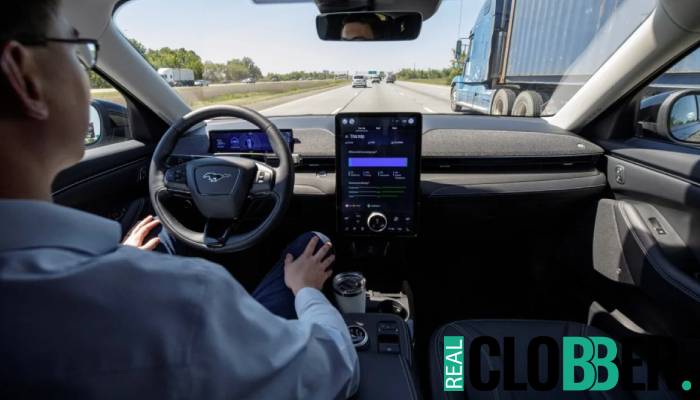The US Commerce Department is set to introduce new rules next month regarding connected vehicles, with a focus on limiting software originating from China and other countries considered adversarial. This move comes amid heightened concerns over national security risks associated with foreign-made technology integrated into American vehicles.
Alan Estevez, the Commerce Department’s under secretary for industry and security, outlined the forthcoming regulations during a forum in Colorado. He emphasized that while the entire vehicle won’t be targeted, specific critical components responsible for managing software and data within the vehicle must originate from allied nations.
Estevez underscored the significance of these measures, pointing out the substantial amount of sensitive data modern cars collect and manage. From software updates to integrated network connections with personal devices, vehicles are equipped with technology that can potentially compromise user privacy and national security if compromised.
Earlier statements from Commerce Secretary Gina Raimondo had hinted at forthcoming rules aimed specifically at Chinese-connected vehicles, citing potential national security threats. The Biden administration’s probe earlier this year into the risks posed by Chinese vehicle imports further underscored these concerns.
The discussion around connected vehicles revolves around their ability to connect to the internet and share data both internally and externally. This capability raises alarms about potential exploitation by foreign adversaries to gather intelligence or disrupt operations.
China, in response, has defended its global automotive presence, arguing that its innovations emerge from robust market competition rather than state-sponsored espionage. However, US officials remain vigilant, considering potential worst-case scenarios if vehicle software were to be compromised on a large scale.
Looking forward, the Commerce Department’s proposed rules aim to reinforce existing protections and mitigate risks associated with foreign-made vehicle software. By restricting certain components to allied countries, the US seeks to bolster its cybersecurity measures while maintaining fair market practices.












